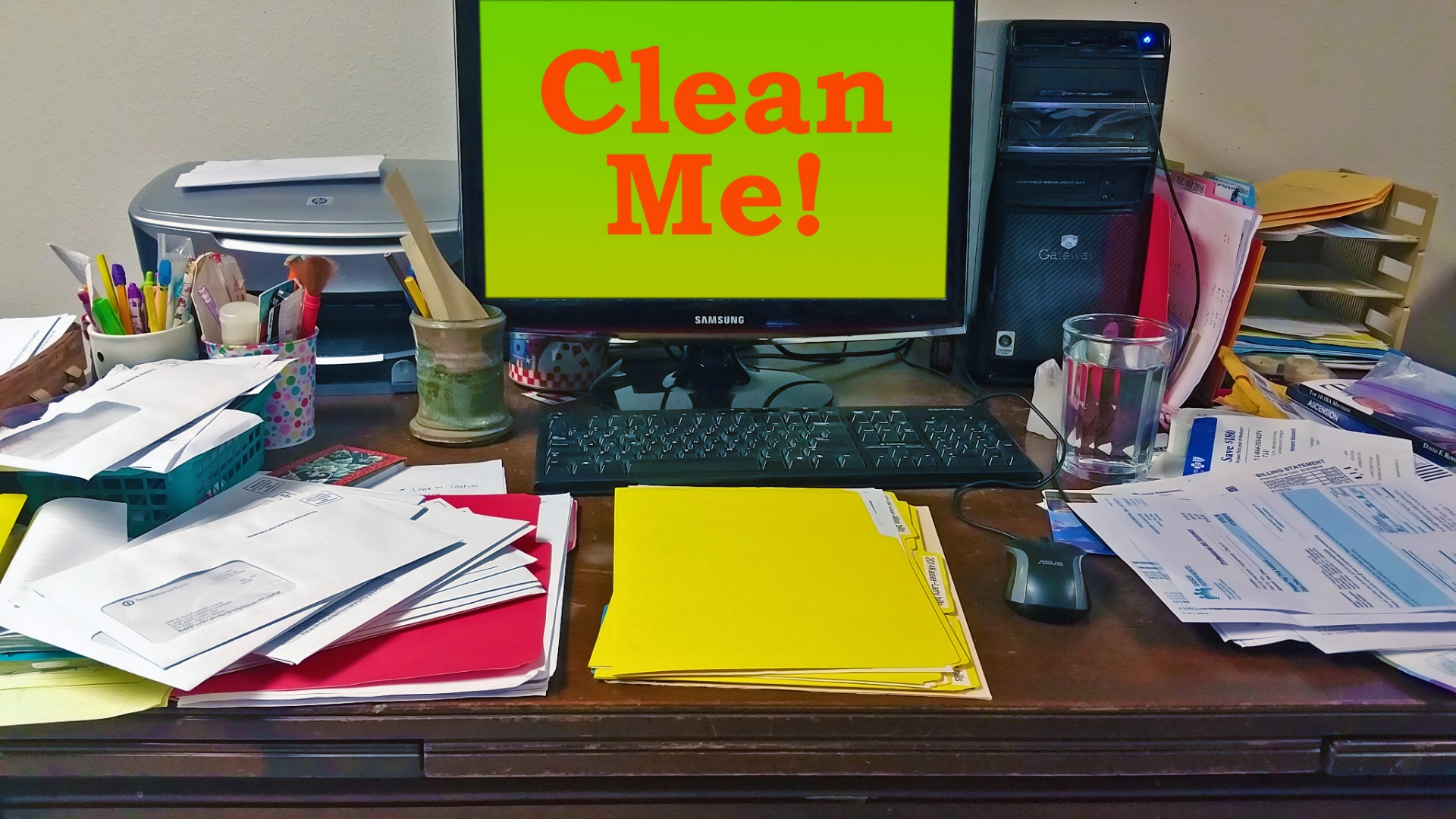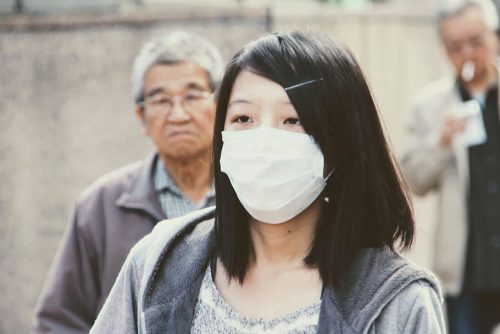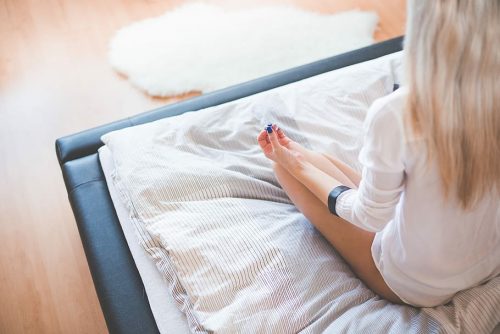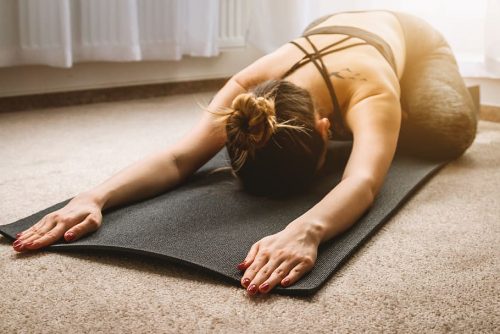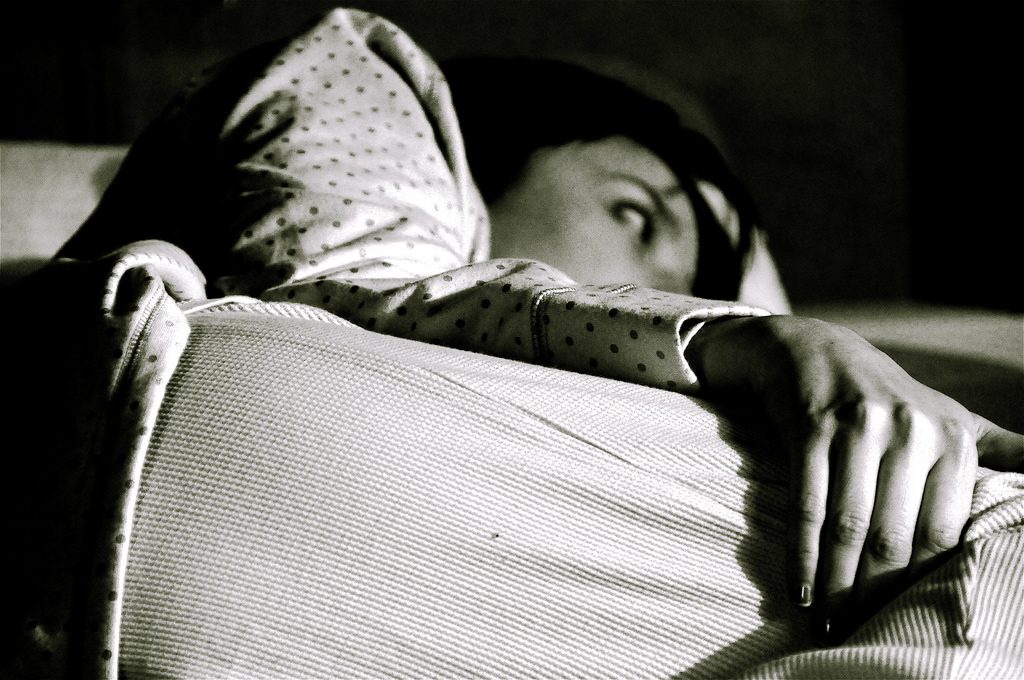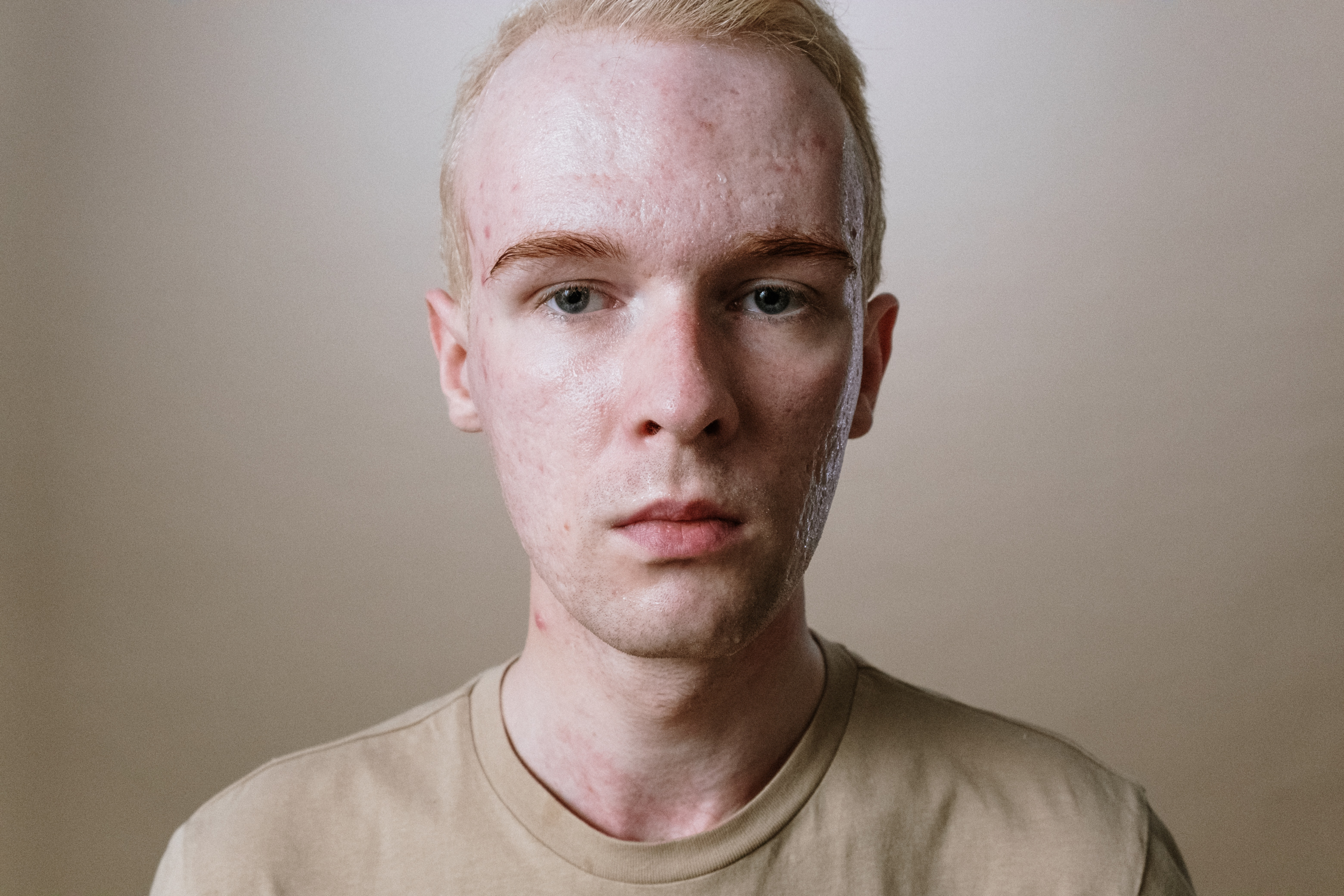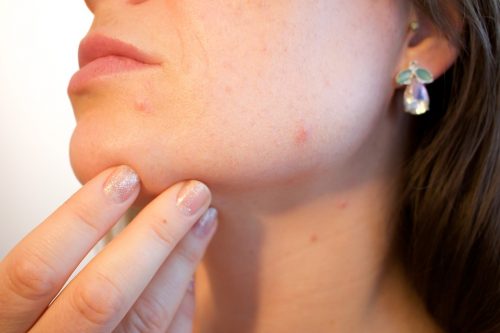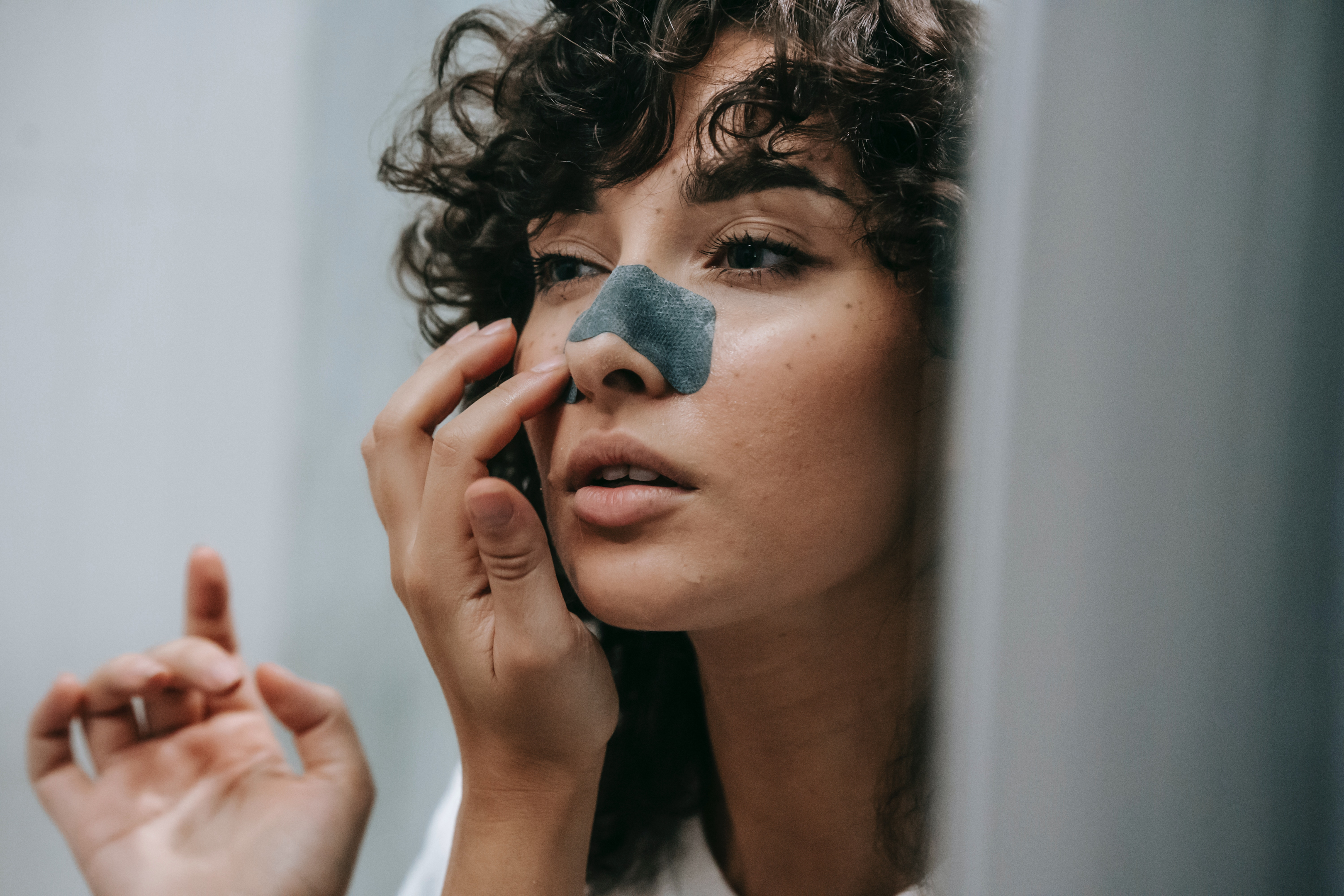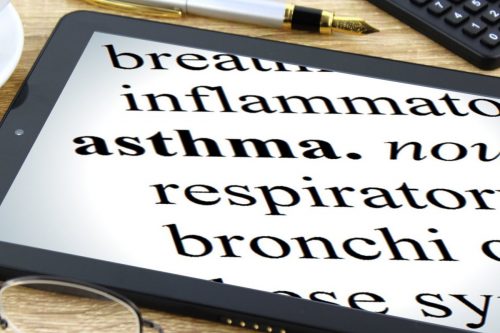
Source: thebluediamondgallery.com
When someone in the family is diagnosed with asthma, the condition impacts not only the asthmatic member but the whole family as well. The anxiety and stress of living life with someone diagnosed with a chronic condition like asthma manifest itself in various ways within all members of the family. The asthmatic, for example, might feel devastated with his condition and everything else that comes with it. With this suppressed emotion, he has a greater likelihood of getting into arguments, is less cooperative, secluded, depressed, or stubborn. Consequently, this person with the built-up rage machine within him will certainly affect the dynamics of the home and of the family itself.
If an asthmatic child has sisters or brothers, they will sometimes feel guilty about the thought that they may have contributed to the disease of their sibling. On the contrary, they can also feel jealous or mad because the asthmatic child will probably be receiving more attention. Or perhaps they’re afraid of having asthma themselves.
Additionally, the financial concern is something that must also be considered when thinking about a chronic condition, and this, in turn, might add up to the building stress and anxiety of the family. Although insurance coverage can help, there will, from time to time, be out-of-the-pocket money that will be spent, draining the family’s savings and other financial reserves.
Support Networks
Families that are struggling with chronic asthma might find it beneficial to get into support networks and use them as a channel to share their experiences, unload their burdens, and be inspired to listen to other families’ stories about their own asthma struggles.
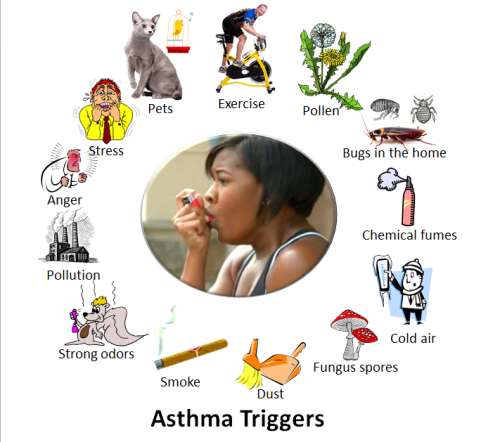
Source: upload.wikimedia.org
Below is a list of some details about asthma that families, including the asthmatic person, should know about to help cope with the condition better and avoid asthma and stress.
- Accept and embrace the fact that asthma is chronic.
- It is a long-term condition. Once you have it, it will always be there.
- Asthma is not always severe. It can be controlled through regular medications.
- If you think your asthma disappeared a few months ago, you might be on remission. Remember that it’s a lifelong disease.
- If you have a family member with asthma, always offer help as much as you can, especially during severe attacks. Let him know that you want to help him solve his problems associated with asthma.
- Work as one; it is easier when there are love and support from one another.
- If necessary, consult a counselor or join a support network.
Financial Struggles
When you have a family member with asthma, expenses can become higher than what is expected. Even if you are considered to be in the upper class, insurance coverage can still be tight and insufficient. There are available programs that are developed to assist families that are struggling with financial problems, some even open to anyone who submits an application. You can start by reaching out to the social services department in your area.
Families who do not have insurance coverage, on the other hand, can apply for government programs like Medicaid. Those who are not qualified can also find private insurers like Blue Cross and other private companies, which can be accessed in almost all states. If the premiums are regularly paid, then there is no reason to be denied coverage.
Time Management For Caregivers
Coping with asthma is not easy for the asthmatic person and for the family as well. Doctor’s appointments, applying for insurance and filling out forms, and buying the medications needed require ample time that caregivers might not have enough time for. Perhaps these simple suggestions can guide you into learning how to manage your time.
- Accept that you have limits. When you have a family member with asthma, there will time that you will spare to help this member cope with his condition. You will then divide your time for him, for your work, yourself, and other activities. Before taking a step, acknowledge that you cannot do everything even if you want to. There will be things that you can’t tackle, people that you can’t attend to, and issues that you simply must let go.
- Be versatile. You will be happy to realize that sometimes – two or three days a week, for example, you might be able to accomplish everything that you have written on your to-do-list. However, there are times when you’re not able to even half of it. Don’t be frustrated, and remember to be flexible. For things, you haven’t done today, put them on priority for tomorrow. Just do what you can today, particularly the most important.
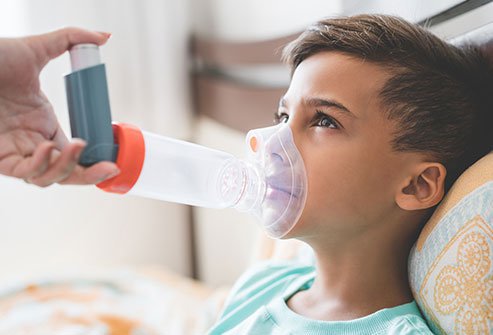
Source: medicinenet.com
- Share the load. Ask help from another family member so that the workload will be easier to achieve. Have someone else buy the medicines or find a substitute for your cleaning schedule today so that you can follow up on your loved one’s insurance. Sharing the workload with the family makes it easier for all of you, plus it brings you closer.
Keep in mind that it may be tough at times to have a family member suffer from asthma, but there have been thousands of families that are witness to how they have successfully dealt with the challenges that come along with this lifelong condition. Yes, you and your family can still have that long and happy life that you have always wanted.





